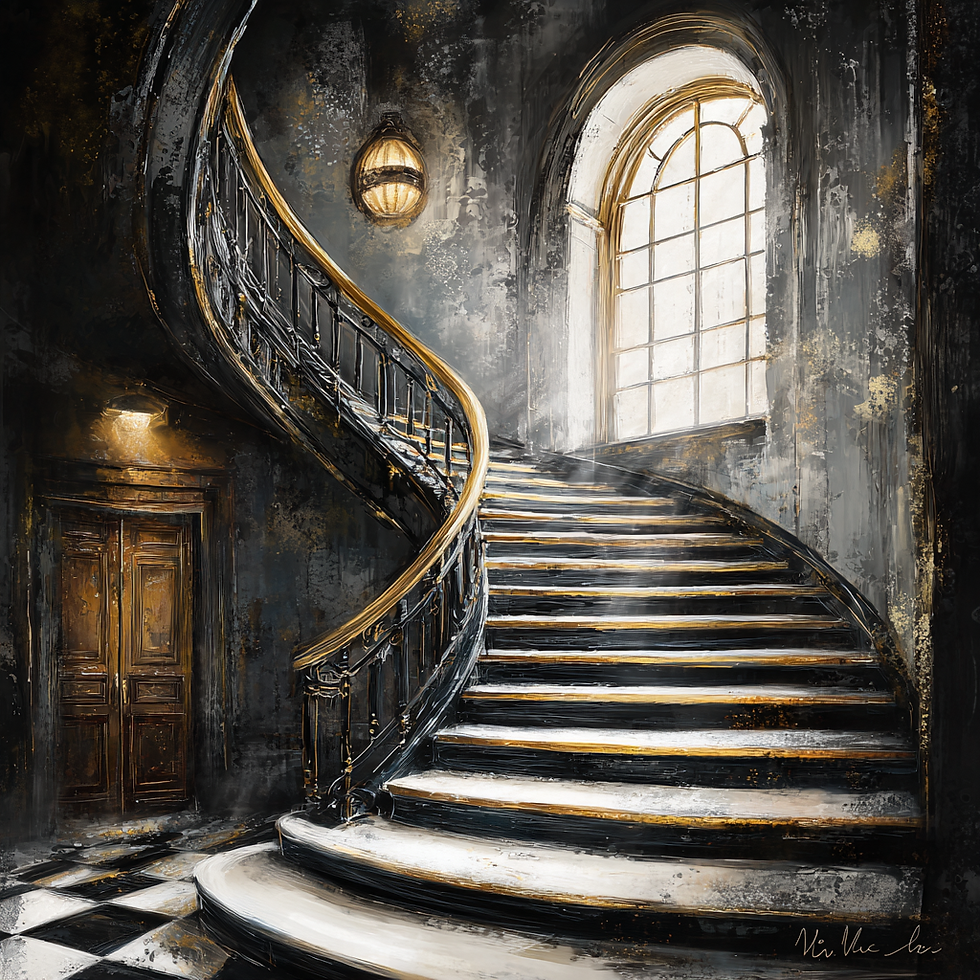The Early 1930s Generation: The Key Pillar of Modern Spain.
- carmen fernandez de cordoba
- Jul 25, 2025
- 2 min read
Updated: Jul 26, 2025

Spaniards born between 1930 and 1935 make up one of the most significant (and least recognized) generations in Spain’s history.
Their childhood coincided with the Civil War, and their formative years unfolded during the post-war period in a country devastated both economically and socially. They endured scarcity and profound social changes, which left a deep imprint on this generation and shaped its collective identity.
During the 1950s, this generation became the driving workforce behind the reconstruction of a country left in ruins. Without seeking prominence, they were the ones who rebuilt infrastructures, cultivated the fields once again, repopulated the cities, and ensured the continuity of families thanks to public policies aimed at repopulating Spain. Their contribution had to be practical rather than ideological, and in doing so, they laid the groundwork for the stability that enabled Spain’s economic and social takeoff.
Beyond all these achievements, they passed down a system of values rooted in hard work, solidarity, and respect for one’s word. In households where resources were scarce, they taught how to share and how to support one another. This invisible social capital helped hold together a Spain fractured by war.
Today, their testimonies are essential not only to understand the history of the 20th century but also the roots of many social behaviors we now find ourselves missing. Listening to this generation allows us to grasp the true value of survival, the power of collaboration, and the looming threat of social fragmentation. In times of immediacy, their legacy reminds us that a country is not built in a year nor in a single term of office, but in the conscious work of those who sustain the fabric of everyday life. This is the legacy of those born in the early 1930s: the foundation upon which Spain rose again.
Now, those of us born in the sixties and seventies find ourselves standing before a mirror: we are the ones who care for them, who are grateful every day that they are still here, and who must ask ourselves whether the way we live honors all that they left us. Out of that question, this series, Nonagenarians, was born: a journey to listen, to learn, and to see ourselves through their eyes. We begin with the voice of Matilde G., and I hope that as you read her words, you feel the same emotion I did sitting across from her, discovering that within her voice beats a part of ourselves.
Don't miss the next episode!



Comments